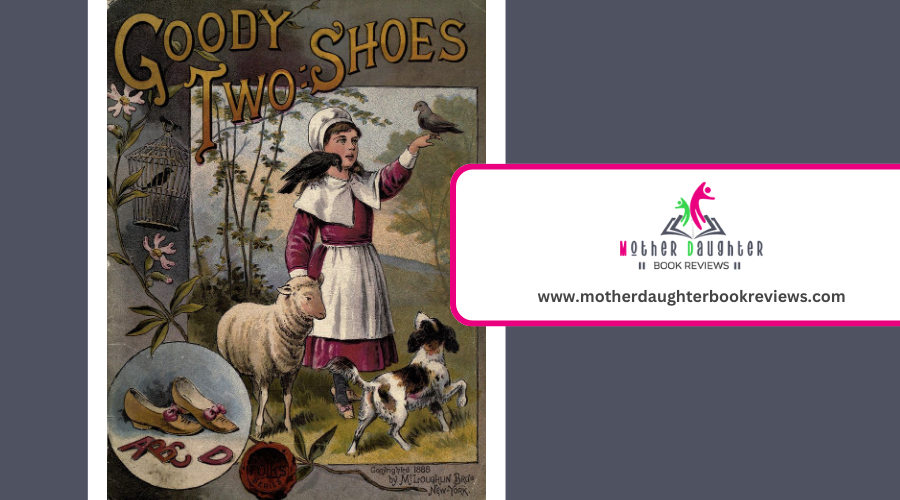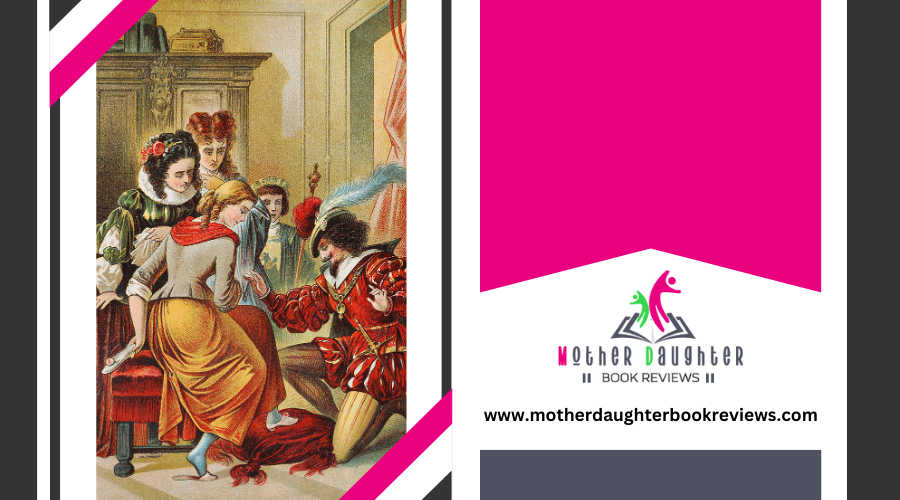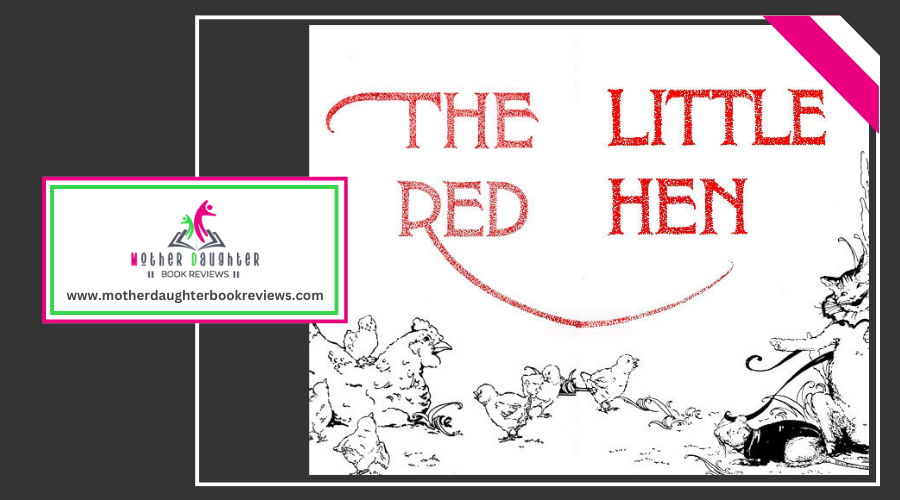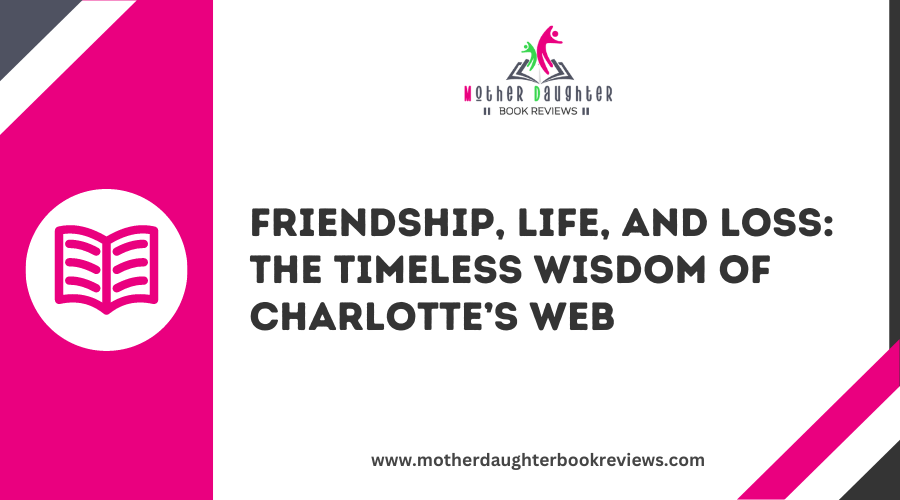Timeless Lessons in La Fontaine’s Fables
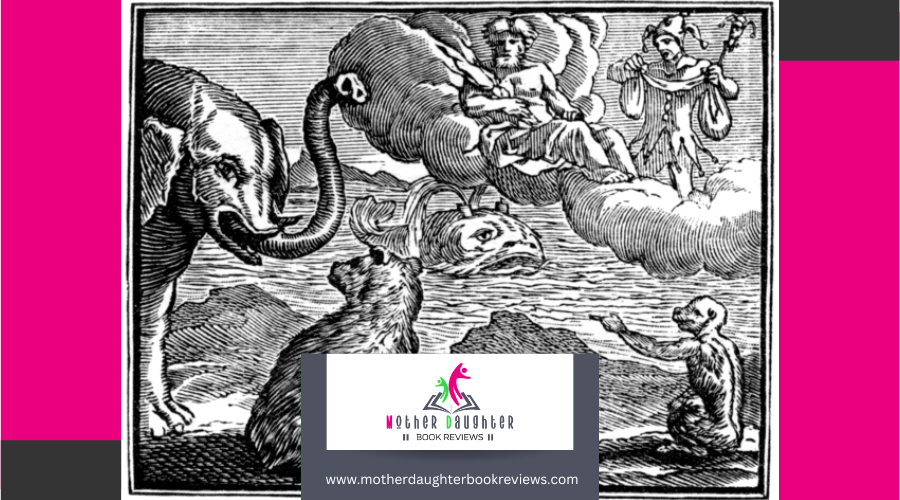
You'll find invaluable lessons in the classic tales of La Fontaine's fables. Stories like "The Clever Fox and the Crow" warn against vanity and flattery's deceit, while "The Tortoise and the Hare" teach the power of perseverance over overconfidence. "The Ant and the Grasshopper" highlights the balance between work and play. "The Wolf and the Lamb" exposes harsh truths about power and innocence, and "The Lion and the Mouse" shows how kindness can come from unexpected places.
The Clever Fox and the Crow
In many fables, cleverness often triumphs, and "The Clever Fox and the Crow" is no exception. Imagine you're the crow perched high in a tree, holding a piece of cheese in your beak. Along comes the fox, eyeing that tasty morsel, and he starts to flatter you, praising your beauty and grace. You're flattered and, wanting to show off, you open your beak to caw. Down drops the cheese, right into the fox's waiting mouth.
This tale teaches you about the dangers of vanity and gullibility. The fox uses cunning words to manipulate the crow, who loses his prize because he lets his ego get the best of him. It's a clear reminder that not everyone who praises you has your best interests at heart.
You can apply this lesson in your daily life by being cautious of those who might use flattery for their gain. Always question the motives behind excessive praise.
The Tortoise and the Hare
Picture the scene: a brash hare boasting about his speed and a slow, steady tortoise accepting his challenge to a race. You can't help but think the hare has this in the bag. He sprints ahead, leaving the tortoise far behind. Confident in his victory, he decides to take a nap midway through the race.
Meanwhile, the tortoise plods along, never stopping, never rushing. You watch as his determination becomes his strength. The hare, still asleep, doesn't realize his mistake until it's too late. By the time he wakes up and dashes to the finish line, the tortoise has already crossed it.
This fable teaches a critical lesson: overconfidence can lead to failure, while steady, consistent effort often wins the race. It's easy to get distracted by initial success, but true victory comes from perseverance and dedication. You can apply this wisdom in your life by focusing on consistent effort rather than relying on bursts of energy or talent.
The Ant and the Grasshopper
Imagine a world where summer's warmth entices you to relax and enjoy the sunshine. In this idyllic setting, you encounter the industrious ant and the carefree grasshopper from La Fontaine's fable. While the grasshopper spends his days singing and dancing, reveling in the present moment, the ant diligently gathers food, preparing for the harsher seasons ahead.
As winter approaches, the grasshopper realizes he has no provisions and faces starvation. Desperate, he seeks help from the ant, who has stored ample food. The ant, though sympathetic, reminds the grasshopper of his idle summer and declines to share, teaching a harsh yet crucial lesson about foresight and hard work.
In this timeless tale, you're reminded of the importance of balancing enjoyment with responsibility. While it's tempting to bask in the moment, it's wise to plan for the future. The story underscores that diligence and preparation can protect you from future hardships. La Fontaine's fable emphasizes that while spontaneity has its place, foresight guarantees security and sustenance.
The Wolf and the Lamb
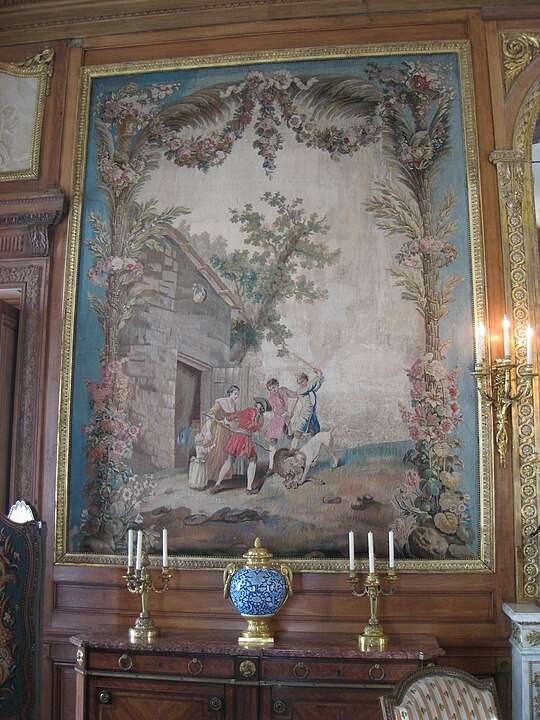
Among La Fontaine's many fables, "The Wolf and the Lamb" stands out as a striking portrayal of power and innocence. You find yourself drawn into a tense encounter between a ruthless wolf and a gentle lamb. The wolf, driven by hunger, searches for any excuse to justify attacking the lamb. He accuses the lamb of numerous offenses, like muddying his drinking water and insulting him the previous year. Despite the lamb's logical and calm responses, the wolf's accusations grow more absurd and baseless.
As you read, you realize the lamb's innocence is no match for the wolf's brute force and twisted logic. The fable ends with the wolf's inevitable attack, reminding you that might often triumphs over right in a world governed by power imbalances.
The Lion and the Mouse
As you plunge into "The Lion and the Mouse," you're immediately struck by the unlikely friendship that unfolds between two creatures of vastly different sizes and strengths. The story begins with a tiny mouse accidentally disturbing a mighty lion. Instead of devouring the small intruder, the lion mercifully lets the mouse go. This act of kindness sets the stage for a future event where the roles are reversed.
Later, the lion finds himself ensnared in a hunter's net, struggling to break free. The mouse, remembering the lion's previous mercy, gnaws through the ropes and sets the lion free. This surprising turn of events highlights a powerful moral: even the smallest creatures can be of immense help, and acts of kindness are often reciprocated.
You can't help but admire La Fontaine's ability to convey profound wisdom through simple narratives. The tale teaches you that compassion and mercy can build unexpected alliances, and that size doesn't determine one's capacity to make a difference.
The Oak and the Reed
Why does the mighty oak, so steadfast and strong, falter in the face of a storm while the delicate reed remains unscathed? The fable "The Oak and the Reed" offers an insightful answer. You see, the oak stands tall, proud of its strength and rigidity. It believes that its solid trunk can withstand anything nature throws its way.
In contrast, the reed, though seemingly fragile, understands the power of flexibility. When the storm rages, the reed bends with the wind, adapting to its force without breaking. It doesn't resist the inevitable challenges but adjusts to them, ensuring its survival. This fable teaches you the value of resilience and adaptability. Strength isn't just about standing firm; sometimes, it's about knowing when to yield.
The Frog Who Desired a King
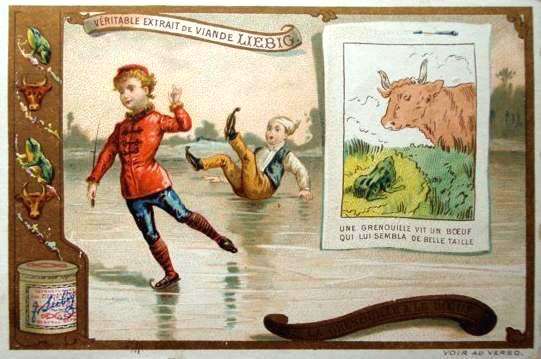
In the fable "The Frog Who Desired a King," the frogs in a certain pond grow tired of their freedom and seek a ruler to bring order to their lives. They petition Jupiter, who sends them a log to serve as their king. Initially, the frogs are delighted, but they soon realize the log does nothing. Dissatisfied, they request a more active ruler. This time, Jupiter sends a stork, which immediately starts eating them. The frogs regret their decision but it's too late.
Through this story, La Fontaine teaches you a valuable lesson about governance and contentment. When the frogs ask for a king, they fail to appreciate the peace they already have. Their desire for change leads to greater misfortune. Sometimes, dissatisfaction with your current situation might make you overlook its merits.
Conclusion
La Fontaine’s fables offer timeless lessons that resonate deeply across generations. Through simple yet profound tales like "The Clever Fox and the Crow," "The Tortoise and the Hare," and "The Ant and the Grasshopper," you're reminded of the value of perseverance, honesty, and humility. Stories like "The Wolf and the Lamb" and "The Lion and the Mouse" reveal important truths about power, innocence, and the unexpected rewards of kindness.

